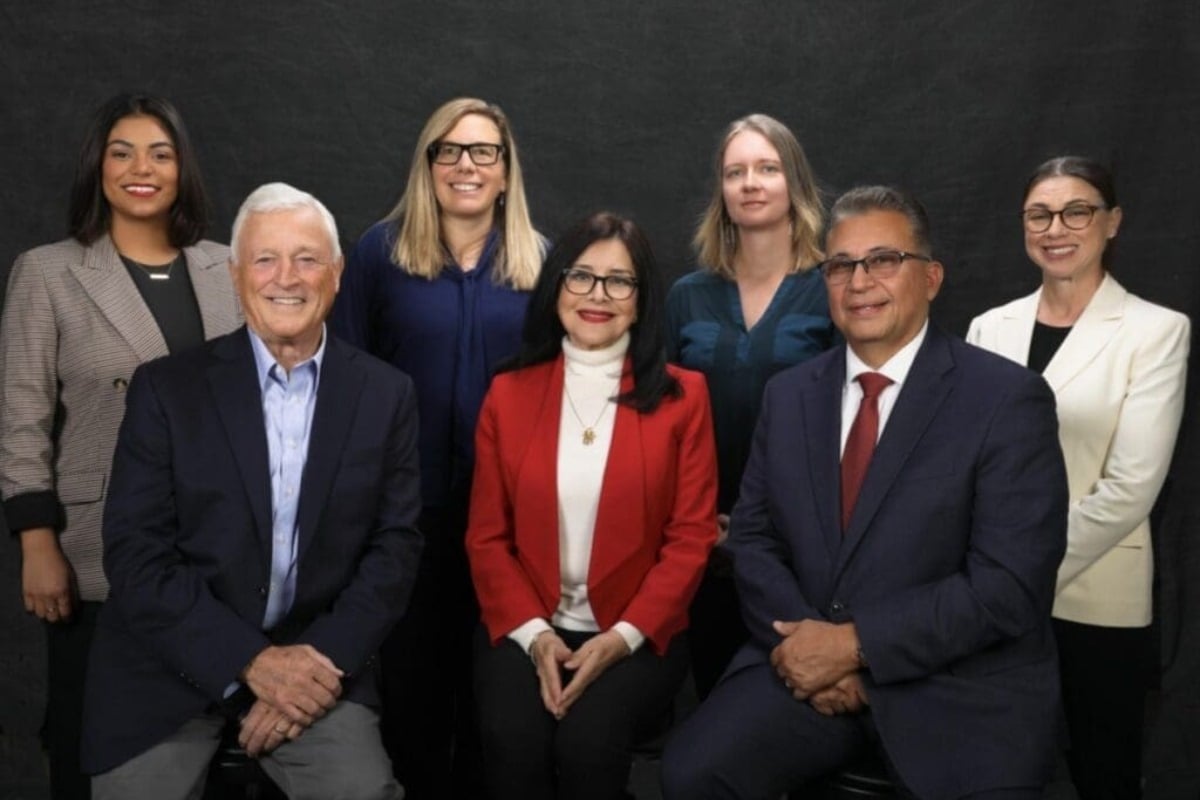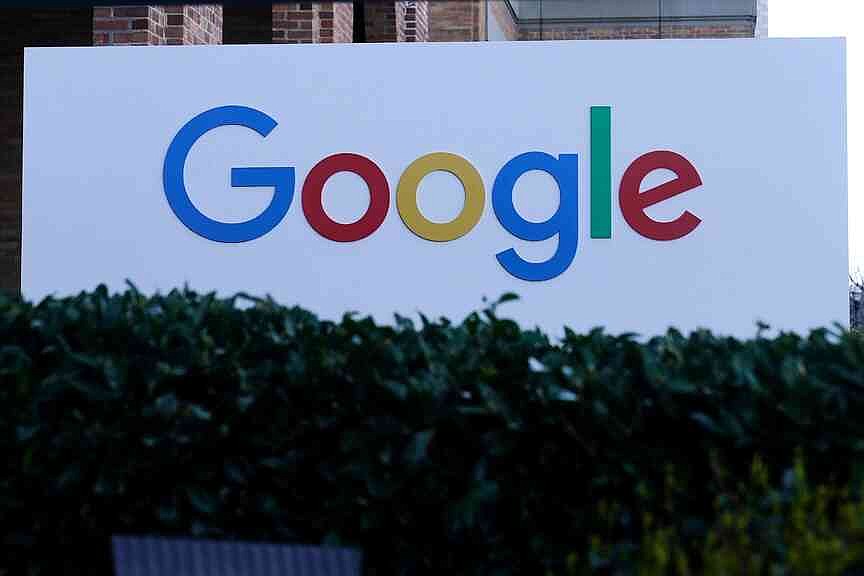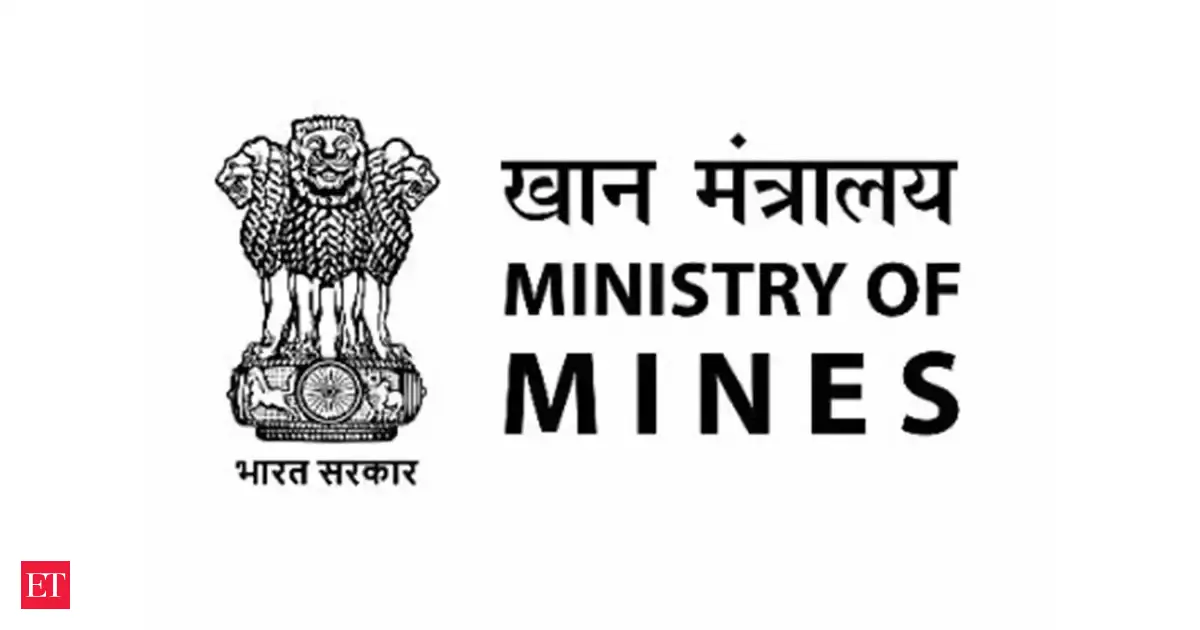Copyright forbes

Google and its AI roadmap and plan include Google Pomelli, AI Infrastructure, and owning the SMB market. NurPhoto via Getty Images As Alphabet pours billions into AI infrastructure and unveils tools like Pomelli to empower small businesses, the stakes for Google’s future have never been higher. Will it emerge as the dominant AI operating system—or drown in its own capital expenditure ambitions? The $80 Billion AI Gamble In Q3 2025, Alphabet, Meta, and Microsoft collectively invested approximately $80 billion in AI infrastructure. This isn’t just a number—it’s perhaps an early signal. These tech giants are betting on a future where artificial intelligence isn't just a feature but the foundation of their next growth phase. While Alphabet's stock surged on the back of this aggressive investment, Meta's tumbled, reflecting a market divided over whether these expenditures will translate into sustainable income or become sunk costs. Amid this backdrop, Google’s unveiling of “Pomelli,” an AI-powered tool that automatically generates social media campaigns for small and midsize businesses (SMBs), provides a glimpse into how Alphabet plans to monetize its AI muscle beyond search. This confluence of massive CapEx, AI-native product rollouts, and investor skepticism raises a pressing question: Can Alphabet turn AI into its next revenue flywheel—or is it just automating the margins? A Glimpse Into Google's AI-as-a-Service Play Google’s new tool, Pomelli, operates as a full-stack social media content engine. By scanning a business’s website, it identifies brand elements like tone, colors, and fonts, then generates complete, editable social campaigns that can be downloaded and deployed instantly. At first glance, this might seem like a small feature targeted at a niche audience. But under the hood, Pomelli reveals something bigger: Google is building AI tools as utilities, quietly embedding itself into the marketing infrastructure of SMBs, which make up 99.9% of all U.S. businesses, according to the U.S. Small Business Administration. Why it matters: The global SMB marketing automation market is projected to hit $8.5 billion by 2027. Over 70% of SMBs cite lack of time and expertise as key barriers to effective social media marketing. Tools like Pomelli could unlock that latent demand by turning every business into a content machine—with Google at the center. This isn’t just about helping SMBs post on Instagram. It’s perhaps a step towards owning the new interface where AI meets business utility. MORE FOR YOU The Infrastructure Arms Race: Alphabet vs Meta vs Microsoft Alphabet’s Pomelli is just one surface application riding on top of a deep well of investment. In Q3, the company funneled tens of billions into AI infrastructure, joining Meta and Microsoft in a capital-intensive sprint to build out AI data centers, custom chips (like Google’s TPUs), and edge capabilities. But while Meta’s CapEx seemed to rattle investors, Alphabet was rewarded. Why? Clearer Monetization Strategy: Alphabet has consistently connected its AI R&D with immediate product applications—from Search Generative Experience (SGE) to Duet AI for Workspace and now Pomelli. Better Vertical Integration: Which relies on external tools and partners, Alphabet’s AI stack—from data centers to distribution (Google Ads, YouTube, Android)—is tightly integrated, giving it more control over cost and scalability. Investors Trust in Execution: Alphabet’s historical discipline in monetizing its innovations (think Android, Chrome, Gmail) gives it an edge in market perception, even amid escalating costs. Yet, risks remain. As Charlie Munger once warned, “The big money is not in the buying or the selling, but in the waiting.” Investors must decide if this is a waiting game they can afford. Strategic Implications Pomelli is more than an AI tool—it could be a signal of Google’s ambition to become the default AI operating system for business. From marketing automation to productivity, the company is inching toward a future where its AI tools become indispensable digital co-pilots. Think of it this way: just as Android became the plumbing of the mobile web, Google’s AI could become the plumbing of AI-driven business workflows. Alphabet’s approach to AI—both in infrastructure and application—suggests a deep vertical integration strategy: build the tools, own the stack, then dominate the use cases. Tools like Pomelli might seem incremental, but they reflect a massive shift in how Google envisions the future of software: AI-native, automated, and universal. Yet this future isn’t guaranteed. The risks are real. CapEx drag, regulatory scrutiny, and the potential for AI-generated content saturation could all derail progress. Still, Alphabet has one thing few others do: a proven history of monetizing scale. Whether Pomelli becomes a footnote or a foundational tool will depend on execution—but Alphabet’s trajectory signals that this is only the beginning. Key Takeaways: Alphabet, Meta, and Microsoft invested ~$80B in AI infrastructure in Q3 2025; Alphabet's stock rose while Meta's fell. Google's new AI tool, Pomelli, automates social media content creation for SMBs, signaling a shift toward AI-as-a-utility. Alphabet’s tight vertical integration is giving it a strategic edge in monetizing AI compared to rivals. Tools like Pomelli could position Google as the operating system for AI-driven business workflows. Investor patience and execution discipline will determine if this AI wave becomes Alphabet’s next dominant platform. Editorial StandardsReprints & Permissions



